
GOP counterproposal: lower stimulus check amount and income threshold
Since the new year, we’ve almost heard exclusively about what Democrats are planning for the next stimulus bill. We know that they have a $1.9 trillion proposal that contains many

Since the new year, we’ve almost heard exclusively about what Democrats are planning for the next stimulus bill. We know that they have a $1.9 trillion proposal that contains many

1/31/21 Update: It’s possible that next week could be the week that we see some action on President Biden’s $1.9 trillion relief plan that includes $1,400 stimulus checks. “We have

Rep. Ilhan Omar, a Democrat from Minnesota, and more than 50 other House members, including Representatives Alexandria Ocasio-Cortez of New York and Rashida Tlaib of Michigan, are urging the Biden
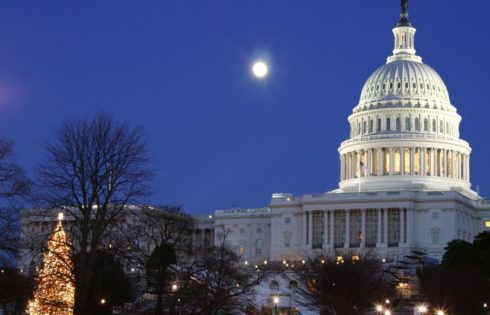
Update: As we await to hear news regarding the third round of stimulus checks, it seems like talk about a targeted approach is really heating up. Many lawmakers question how
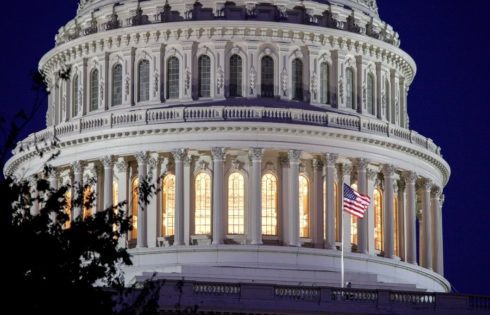
1/27/20 Update: So far, the message from lawmakers is that they want to move swiftly with passing the next round of relief. We already heard that the House was planning
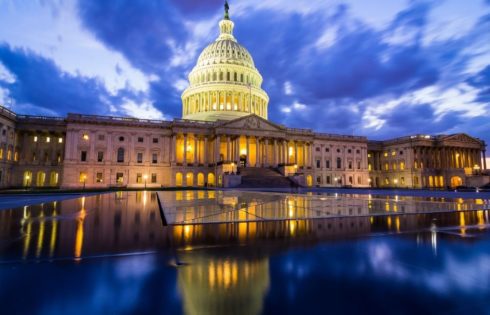
After the 2020 elections, Democrats gained control of the White House, Senate, and House of Representatives. In the Senate, things came down to a runoff in Georgia and Democrats swept
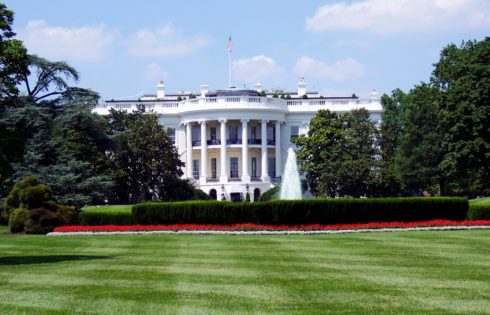
President Biden has assigned a number of executive orders since taking office earlier this week. And today he is scheduled to issue a few more executive orders, including one related

President-elect Joe Biden is currently being sworn in as the next president of the United States of America. His team is currently proposing a $1.9 trillion package known as the

There still are some lawmakers and people of the general public a bit unhappy with the “$2,000 stimulus checks.” The confusion stems from statements made by Biden and others that
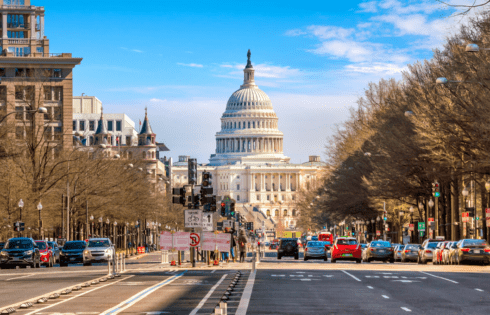
This week is setting up to be a huge week for the next round of stimulus checks and stimulus relief as a whole. President-elect Joe Biden will be inaugurated on
| Cookie | Duration | Description |
|---|---|---|
| cookielawinfo-checkbox-analytics | 11 months | This cookie is set by GDPR Cookie Consent plugin. The cookie is used to store the user consent for the cookies in the category "Analytics". |
| cookielawinfo-checkbox-functional | 11 months | The cookie is set by GDPR cookie consent to record the user consent for the cookies in the category "Functional". |
| cookielawinfo-checkbox-necessary | 11 months | This cookie is set by GDPR Cookie Consent plugin. The cookies is used to store the user consent for the cookies in the category "Necessary". |
| cookielawinfo-checkbox-others | 11 months | This cookie is set by GDPR Cookie Consent plugin. The cookie is used to store the user consent for the cookies in the category "Other. |
| cookielawinfo-checkbox-performance | 11 months | This cookie is set by GDPR Cookie Consent plugin. The cookie is used to store the user consent for the cookies in the category "Performance". |
| viewed_cookie_policy | 11 months | The cookie is set by the GDPR Cookie Consent plugin and is used to store whether or not user has consented to the use of cookies. It does not store any personal data. |
